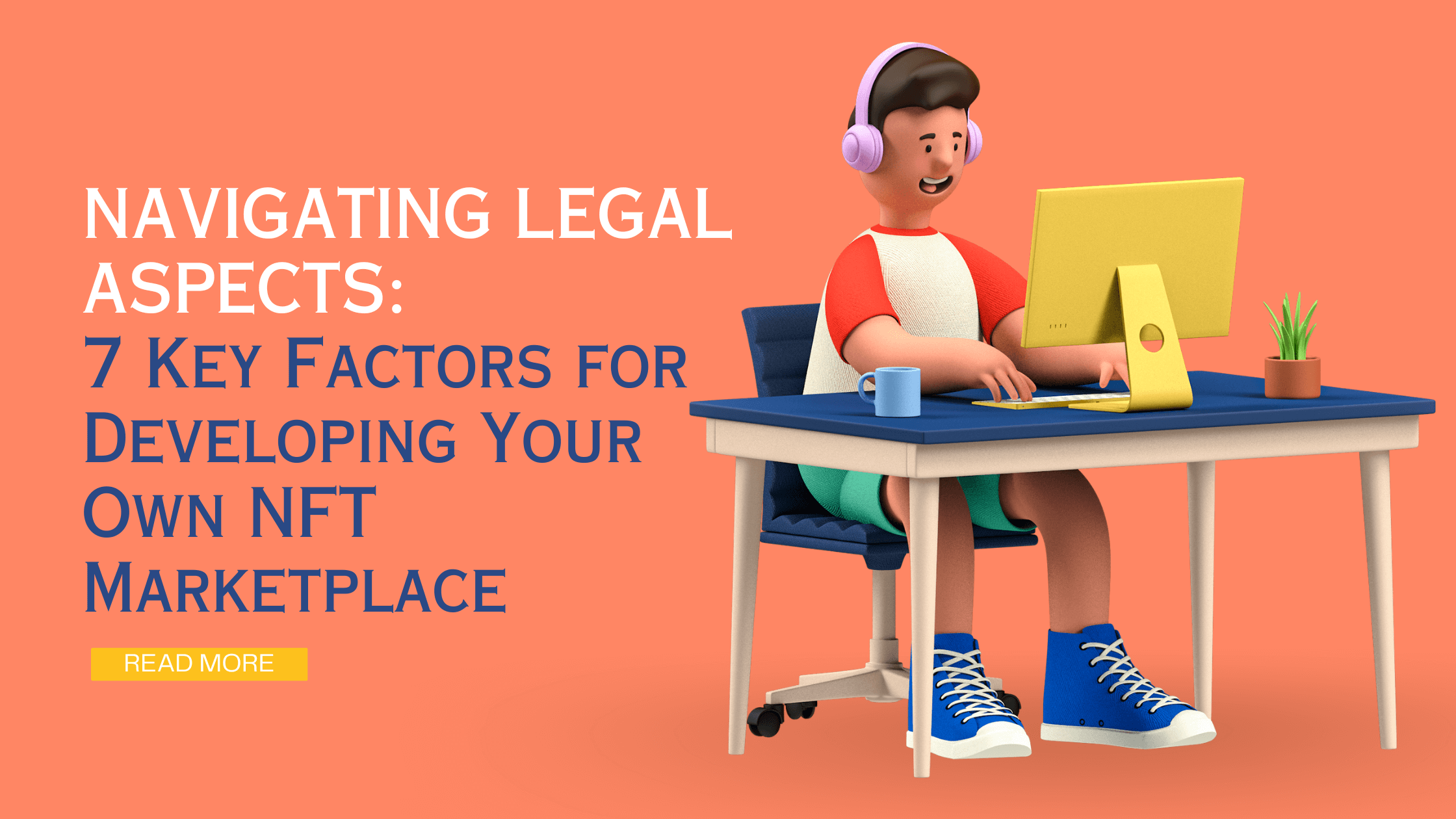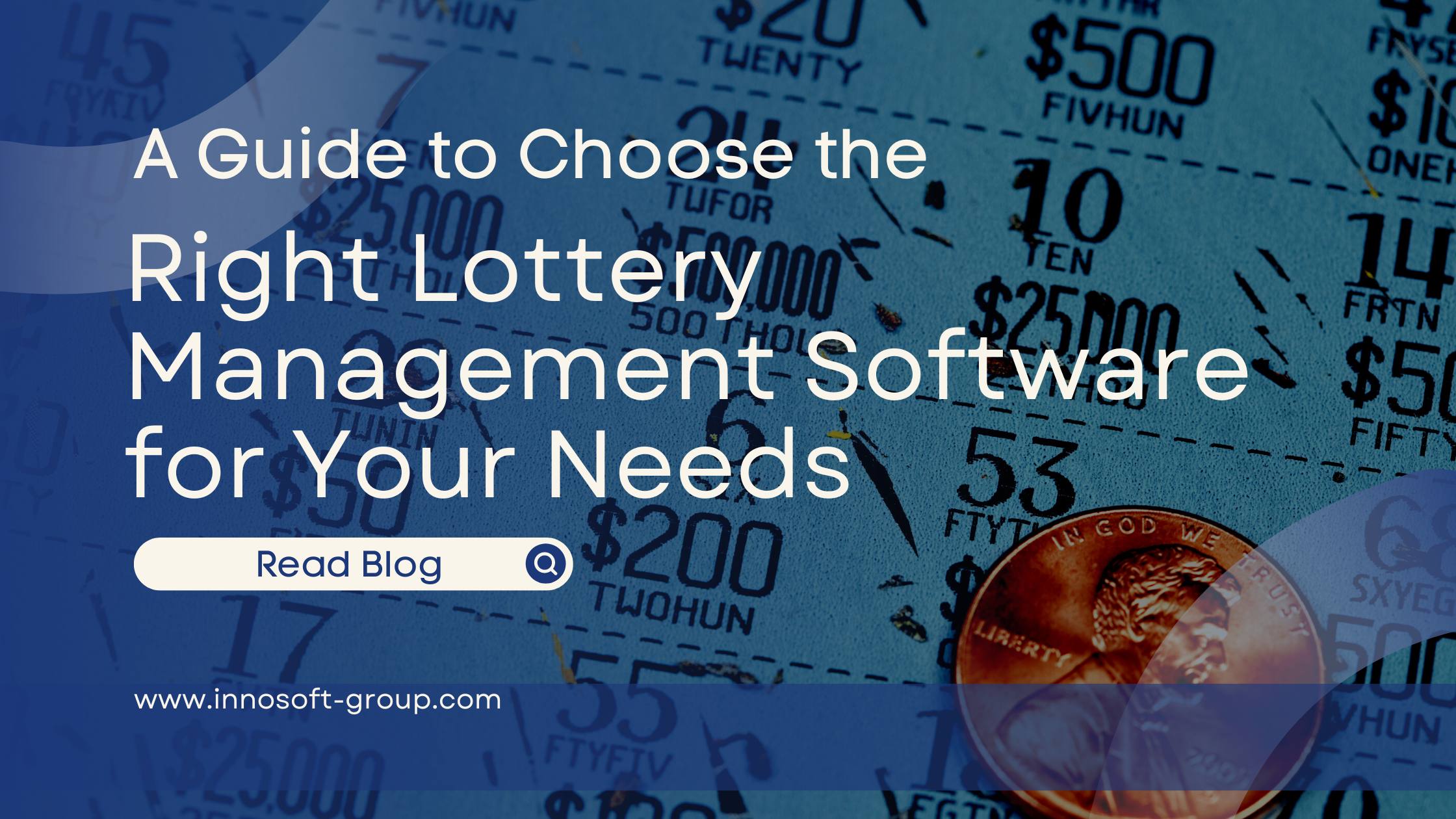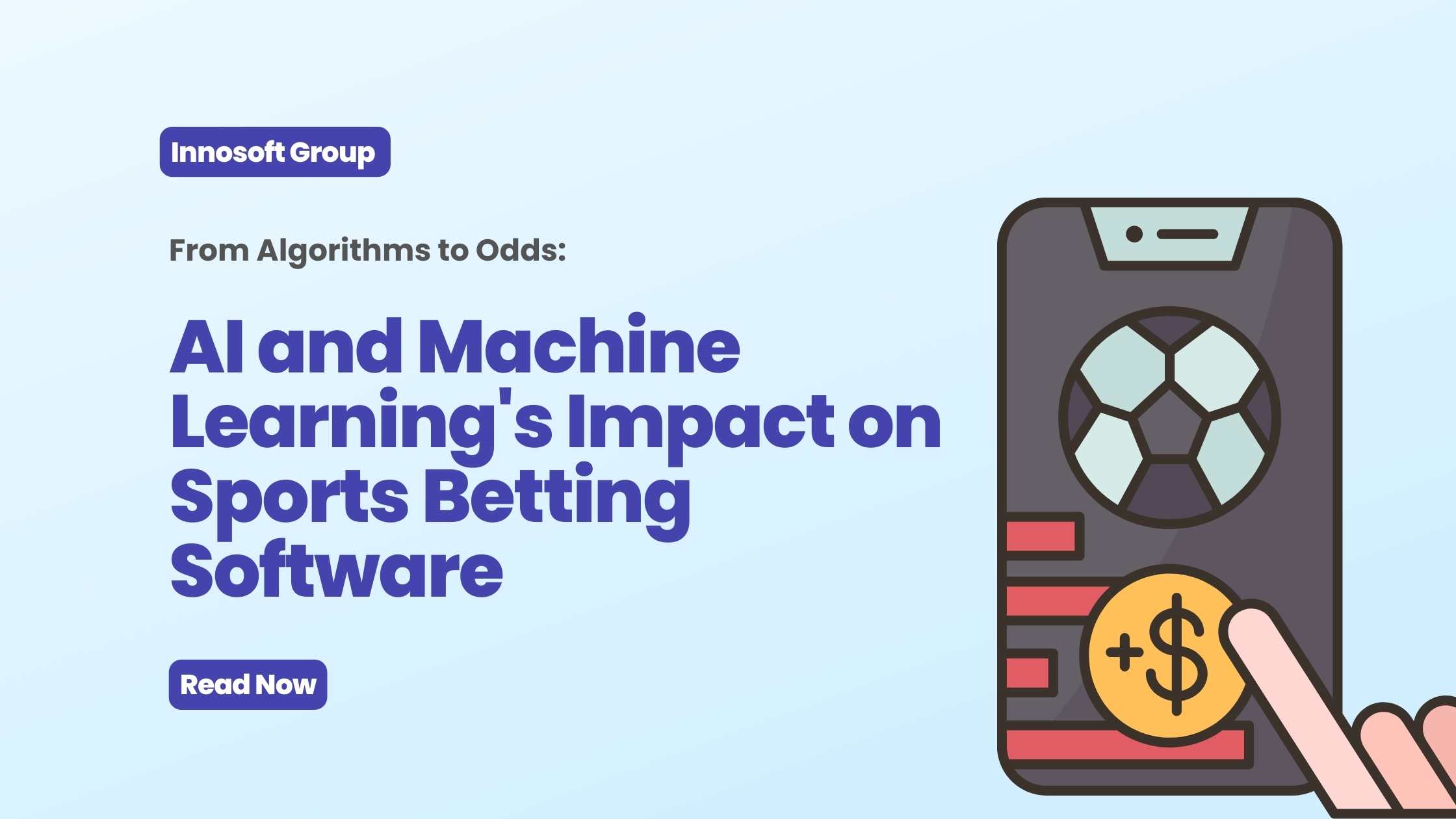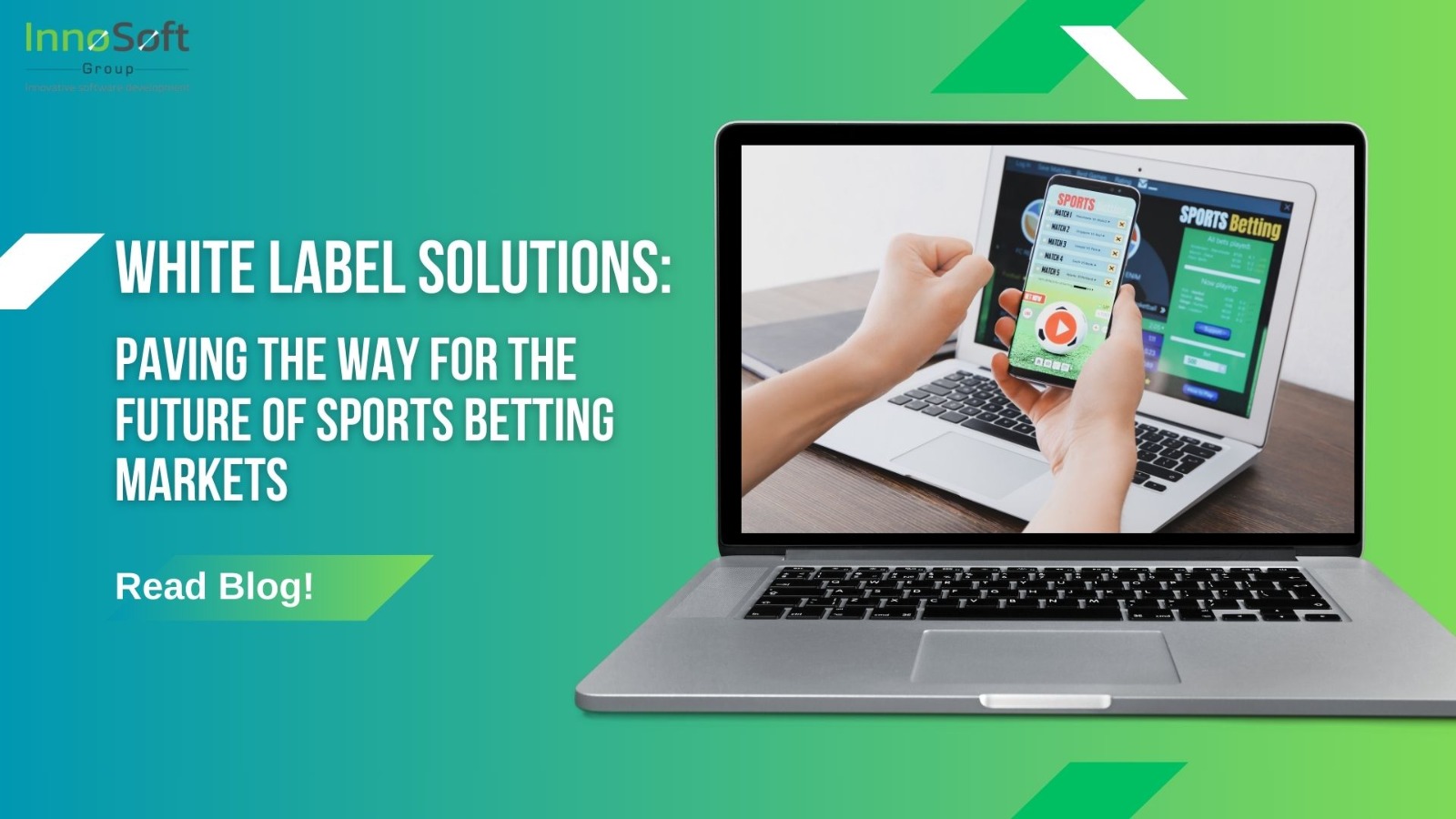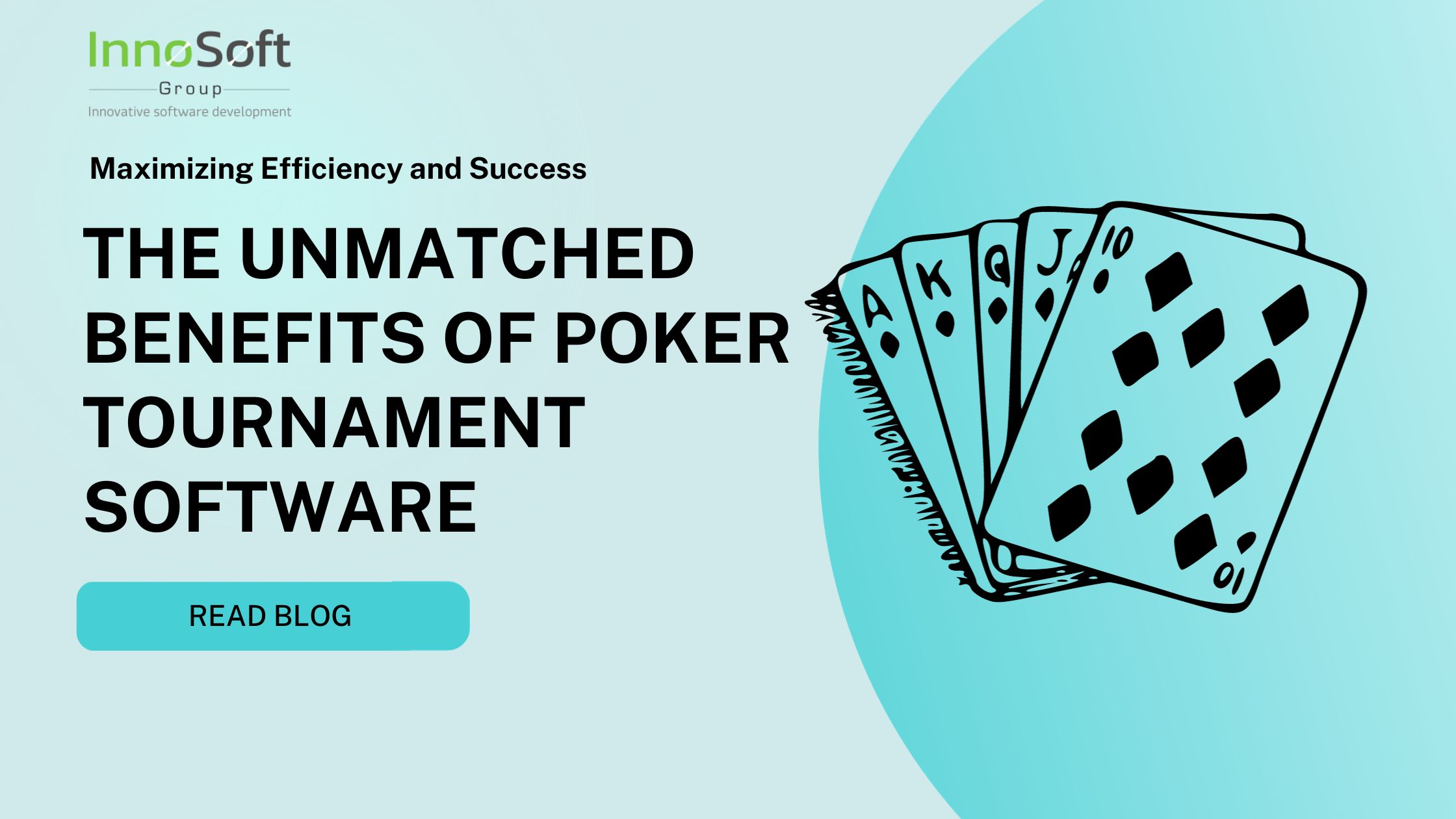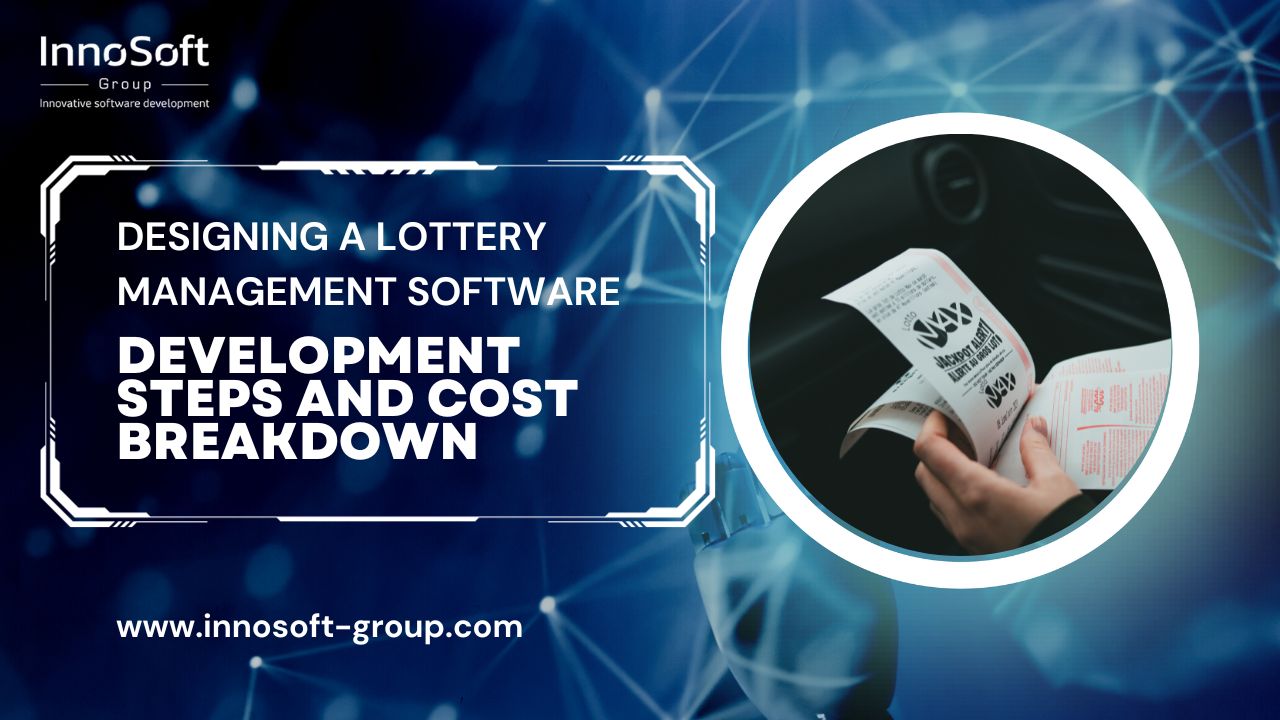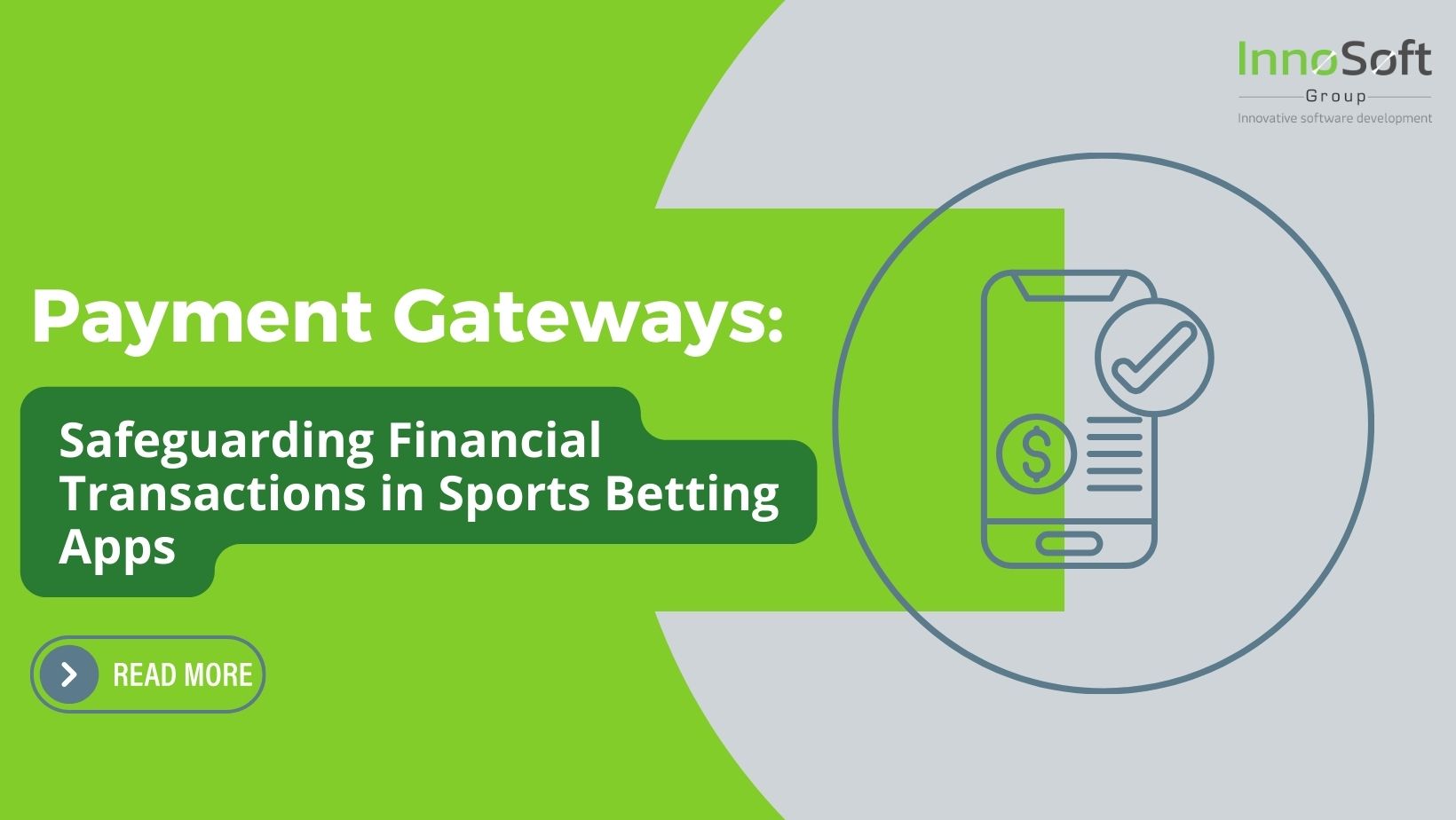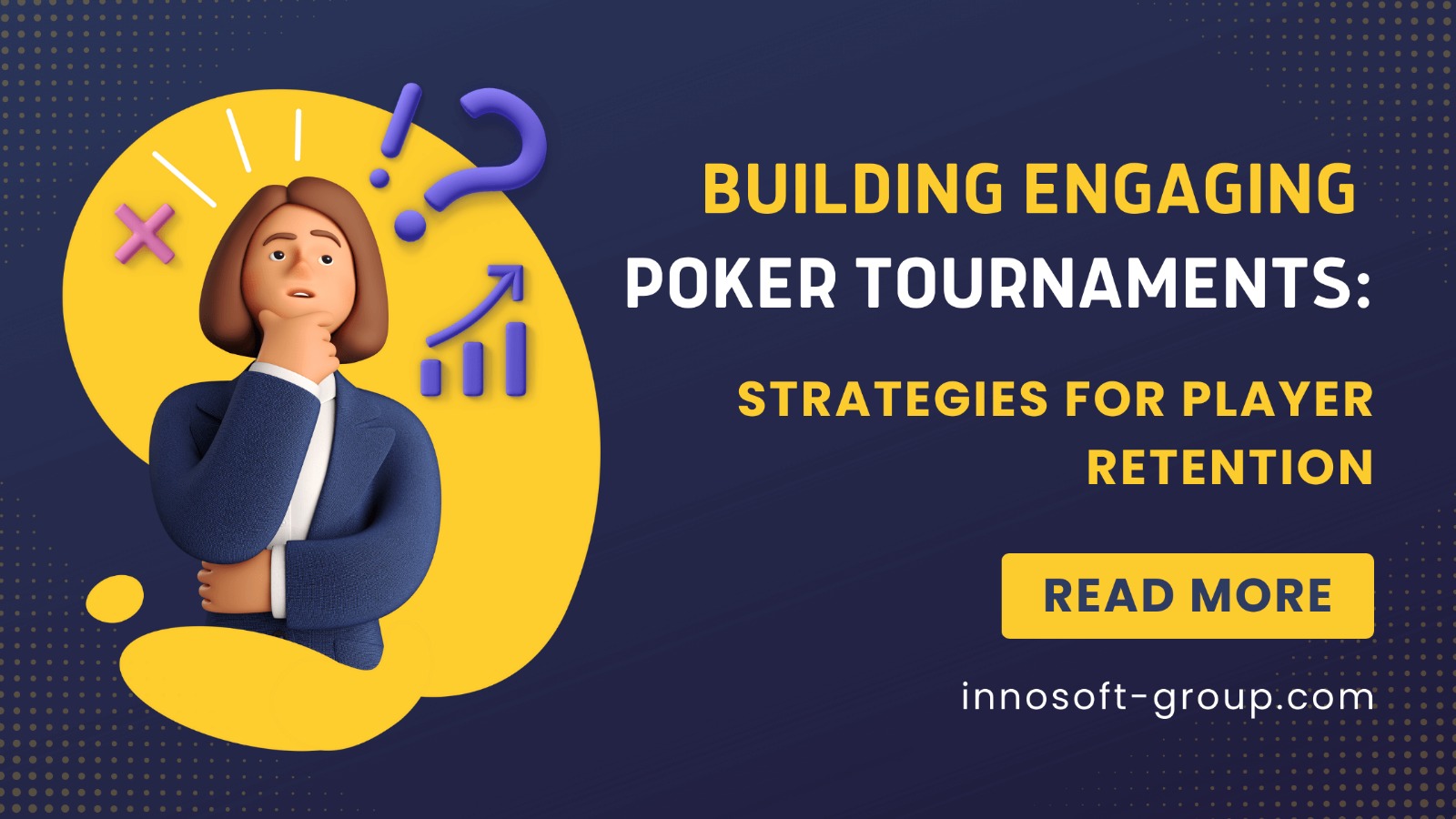With the explosion of NFTs (Non-Fungible Tokens) in recent years, many entrepreneurs are exploring the development of their own NFT marketplaces. However, it is important to understand that NFT marketplaces come with a range of legal considerations and potential risks that should not be ignored. From navigating NFT legal issues to managing tax implications of NFTs, building a whitelabel NFT platform requires careful attention to various legal factors. Will explore some of the most important legal considerations that come with NFT marketplace development, including NFT transactions risks, tax implications of NFTs, whitelabel NFT platform development, and smart contracts. Understanding these issues is critical for ensuring that your NFT marketplace is legally compliant and positioned for long-term success in this rapidly-evolving industry.
What is NFT Marketplace Development?
NFT marketplace development refers to the process of creating an online platform for buying, selling, and trading NFTs. As a popular trend in the world of blockchain technology, NFTs have become increasingly popular among artists, musicians, and other creators. To tap into this growing market, businesses can benefit from NFT marketplace development services offered by reputable companies such as Innosoft Group. With their expertise in blockchain technology and experience in creating custom NFT marketplaces, Innosoft Group can help businesses launch their own NFT marketplaces quickly and efficiently. Through NFT marketplace development services, businesses can unlock new revenue streams and capitalize on the growing demand for NFTs.
7 Legal Factors Of NFT Marketplaces
- Intellectual Property Infringement: When users upload and sell NFTs on a marketplace, there is a risk that they may infringe on someone else’s intellectual property rights, such as copyright, trademark, or publicity rights. To mitigate this risk, NFT marketplaces need to implement policies that prohibit infringing content and have a process for responding to takedown notices.
- Money Transmission Laws: Depending on the jurisdiction, NFT marketplaces may be subject to money transmission laws, which regulate the transfer of money between parties. This can have implications for the types of payments that are allowed on the platform and the level of regulation that the marketplace needs to comply with.
- Tax Compliance: NFT marketplaces need to comply with tax laws in the jurisdictions where they operate. This can be complicated because the tax treatment of NFTs is not yet fully clear, and can vary depending on factors such as the type of NFT, the sale price, and the location of the buyer and seller.
- Anti-money laundering (AML) regulations: With the increasing popularity of NFTs, regulators are concerned about the potential for money laundering and terrorist financing. NFT marketplaces must ensure that they comply with AML regulations to prevent financial crimes.
- Privacy and Data Protection: NFT marketplaces need to comply with privacy and data protection laws, such as the GDPR in the EU and CCPA in the US. This includes implementing appropriate data protection measures, providing users with transparent information about how their data is collected and used, and obtaining user consent where required.
- Know your customer (KYC) laws: To comply with AML regulations, NFT marketplaces need to verify the identity of their customers. This can be done through KYC procedures that require customers to provide personal information and identification documents.
- Smart Contract Risks: NFT marketplaces often rely on smart contracts to execute transactions automatically. However, smart contracts can have bugs or vulnerabilities that can lead to unexpected outcomes or losses for users. NFT marketplaces need to ensure that their smart contracts are secure and tested before deploying them on the platform.
NFT game development legal implications
NFT game development can have several legal implications that game developers need to be aware of before launching their games. One of the main legal considerations is intellectual property rights. When creating NFT games, it’s essential to ensure that all digital assets used in the game, including characters, artwork, and music, are either owned by the game developer or properly licensed. Game developers need to have written agreements in place that grant them the necessary rights to use and distribute these assets.
In addition to intellectual property and compliance considerations, NFT game developers also need to consider the potential risks associated with blockchain technology. The decentralized nature of blockchain can make it difficult to hold someone accountable for fraudulent or illegal activities. Game developers should take appropriate measures to secure their games and protect the privacy of their users.
Ways to Protect From NFT Marketplace’s Legal Issues
- Consult Legal Experts: It’s important to work with legal experts who understand the legal landscape of NFTs and blockchain technology. They can advise you on compliance with relevant laws and regulations, draft contracts, and help you navigate potential legal issues.
- Implement Strong Policies: Have clear and transparent policies that outline what is and isn’t allowed on your NFT marketplace. This includes policies on intellectual property, user conduct, and content moderation. By setting clear guidelines, you can reduce the risk of legal disputes with users.
- Conduct Regular Audits: Conduct regular audits of your NFT marketplace to identify potential legal risks and compliance issues. This includes auditing user-generated content, transactions, and payments.
- Secure Your Smart Contracts: Ensure that your smart contracts are secure and audited before deploying them on the platform. This can help reduce the risk of smart contract vulnerabilities and bugs that can lead to legal disputes and financial losses.
Conclusion
In conclusion, development of NFT marketplace can be a lucrative opportunity for entrepreneurs looking to tap into the growing demand for NFTs. However, it is crucial to understand the legal implications and regulatory requirements associated with NFT marketplaces. By complying with legal regulations and addressing legal issues such as AML regulations, KYC laws, tax implications, and smart contract liability, businesses can mitigate risks and ensure long-term success in this rapidly evolving industry. Want to develop your own NFT marketplace, Innosoft Group has got you covered! Innosoft Group offers expert NFT Marketplace Development Services to help companies launch their platforms with speed and efficiency. With their vast experience and expertise in blockchain technology, Innosoft Group can assist businesses in navigating the legal complexities of NFT marketplaces and create customized solutions that fit their unique requirements.

